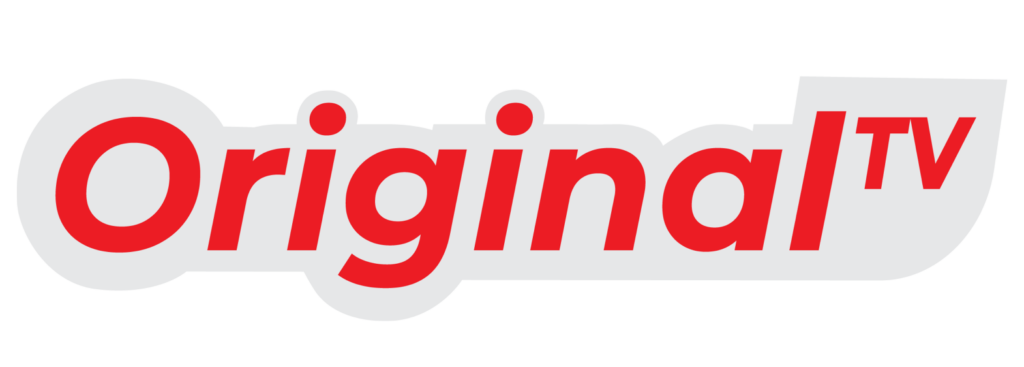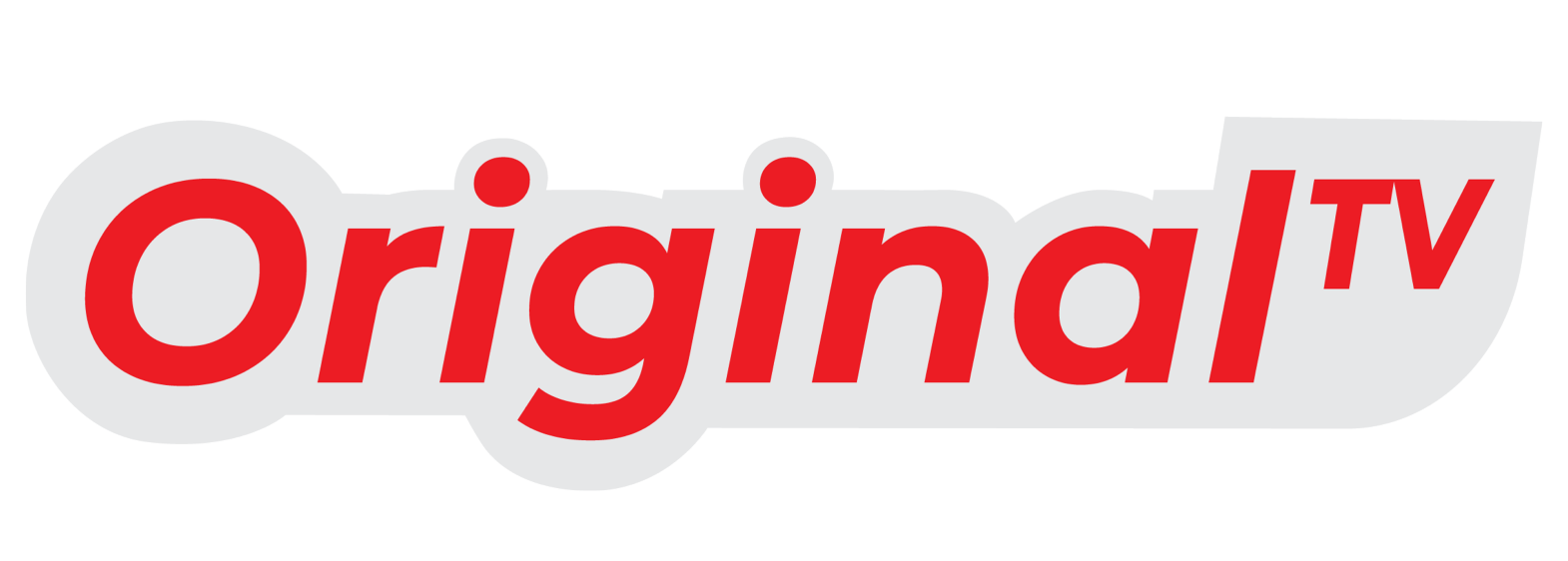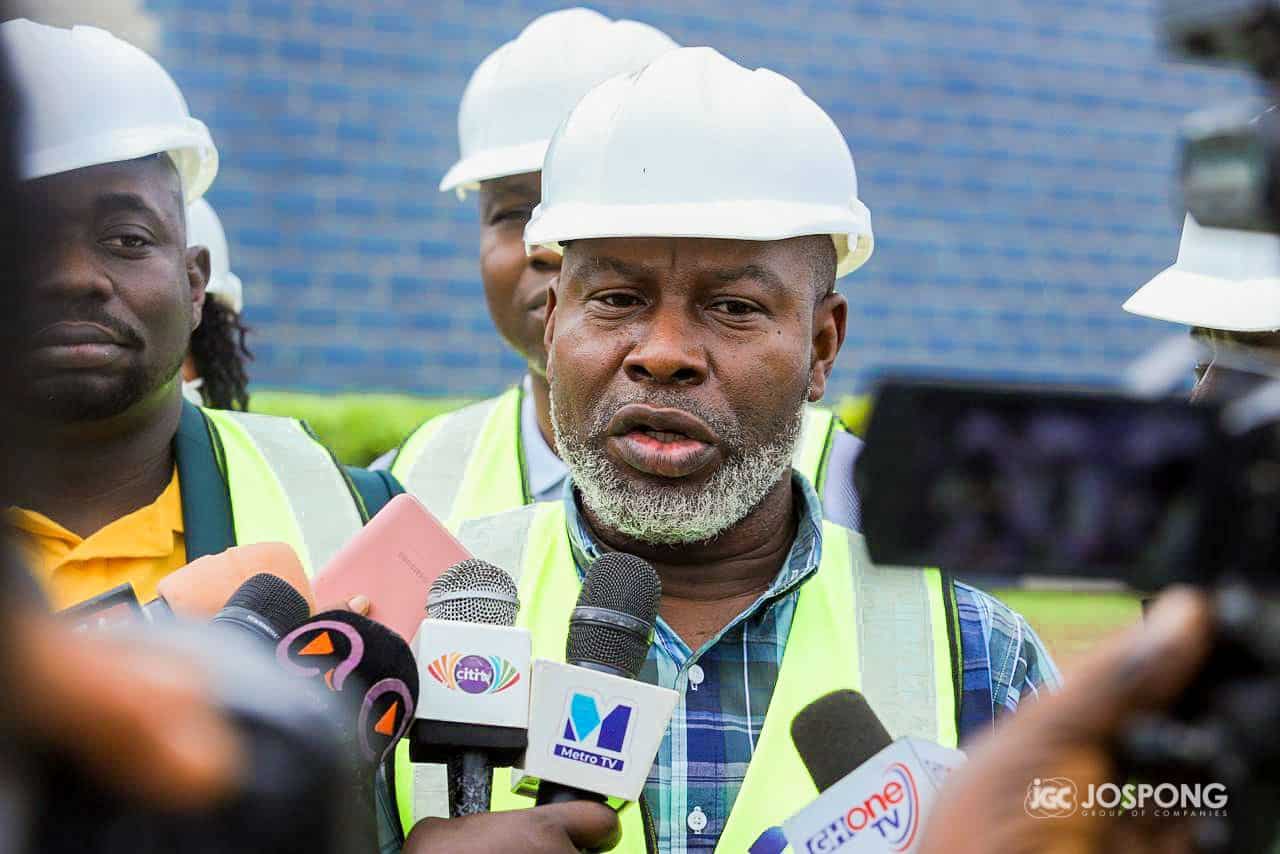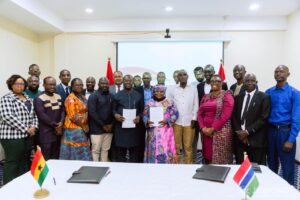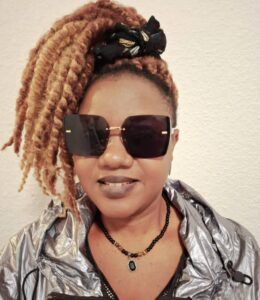Members of the Lagos State House of Assembly have expressed satisfaction with the operations of the subsidiaries of Jospong Group of Companies.
According to the members, the facilities operate under environmental friendly conditions which is worth commending.
“We have seen both the solid and liquid waste treatment facilities and we believe they are environmentally friendly facilities and we are looking to upgrade the Lagos module in line with the Jospong Group,” Engr. Mahmoud Kunle Adegbite-Permanent Secretary Office of Drainage Services and Water Resources-Lagos, spoke to the media after touring the Accra Composting and Recycling Plant (ACARP) and the Sewage Systems Ghana Ltd., here in Accra.
The Chairman for the Committee on Public Private Partnership, Hon. Aro Moshood Abiodun, added that “We are very happy with what we have seen and we will brief the rest of the members of the House of Assembly and the Lagos State Governor of our findings when we go back.”

The Parliamentarians who are on a two-day fact finding mission to ascertain the capability, viability and sustainability of establishing a similar recycling and composting plant in Lagos-Nigeria under the auspices of the Jospong Group, will also visit the Kumasi Composting and Recycling plant and the Kumasi Medical Waste Treatment Facility tomorrow Wednesday April 24, 2024.
The Jospong Group’s Project Lead in charge of the Lagos project, Mr. Peter Dagadu, explained that the visit is to enable the delegation to familiarise themselves with and understand the Ghana business module to facilitate the implementation of the Lagos project.
The MD of ACARP, Mr. Michael Padi Tuwor, explained that ACARP is an integrated waste processing and recycling company established to receive and process solid waste and produce organic manure for agronomic purposes in Ghana and the West African Sub-Region.
The plant also addresses the problem of plastic waste through sorting, processing, and recycling of such waste. Other recovered materials such as textiles, packaging materials, and other highly combustible materials are used to manufacture high calorific burning material/fuels (refuse derived fuels) for specific industries that require such energy for their operations.
The subsidiaries visited by the delegation include the Zoomlion Transfer Stations, Pantang, Accra Compost and Recycling Plant (ACARP), J.A. Plant Pool Ghana Limited and the Sewerage Systems Ghana Ltd.
Background
The Jospong Group of Companies earlier this year entered into agreement with the Lagos State Ministry of Environment and Water Resources to build waste treatment plant in Lagos -Nigeria.
The integrated waste treatment facility will help to transform the environmental challenges of Africa’s most populous city.
The landmark agreement was formalized with the signing of a Memorandum of Understanding between the Jospong Group of Companies led by its Executive Chairman Dr. Joseph Siaw Agyepong and the Honourable Commissioner of the Lagos State Ministry of Environment and Water Resources, Hon. Tokunbo Wahab.
Per the MoU, Jospong Group will establish a Material Recovery Facility to reduce downstream pressure (waste disposal volume) at landfills, Compact /Mobile, and transfer loading stations to replace current stationary plants and reduce waste at pressure points (markets), Repurposing of current Olusosun landfll (MRF plant), Supply of self-tipping tricycles to augment transfer and loading station operations, and bin manufacturing and plastic recycling plant to streamline recyclable activities.
Additionally, this proposed well proven sustainable solution to environmental sanitation will go a long way to boost Nigeria’s carbon ratings to enable it raise needed funds to build more sustainable infrastructure.
According to a report by the Lagos State Waste Management Agency, Lagos State produces approximately 13,000 tons of waste per day.
The consequences of poor sanitation are dire, ranging from the spread
of waterborne diseases to environmental degradation, and disproportionately
affecting the most vulnerable segments of our society, including women, children, and the elderly.
Jospong Group is currently operating in three cities in Zambia. It also has footprints in Angola, Togo, and Sierra Leone, among others.
